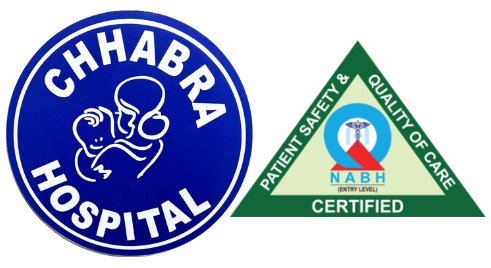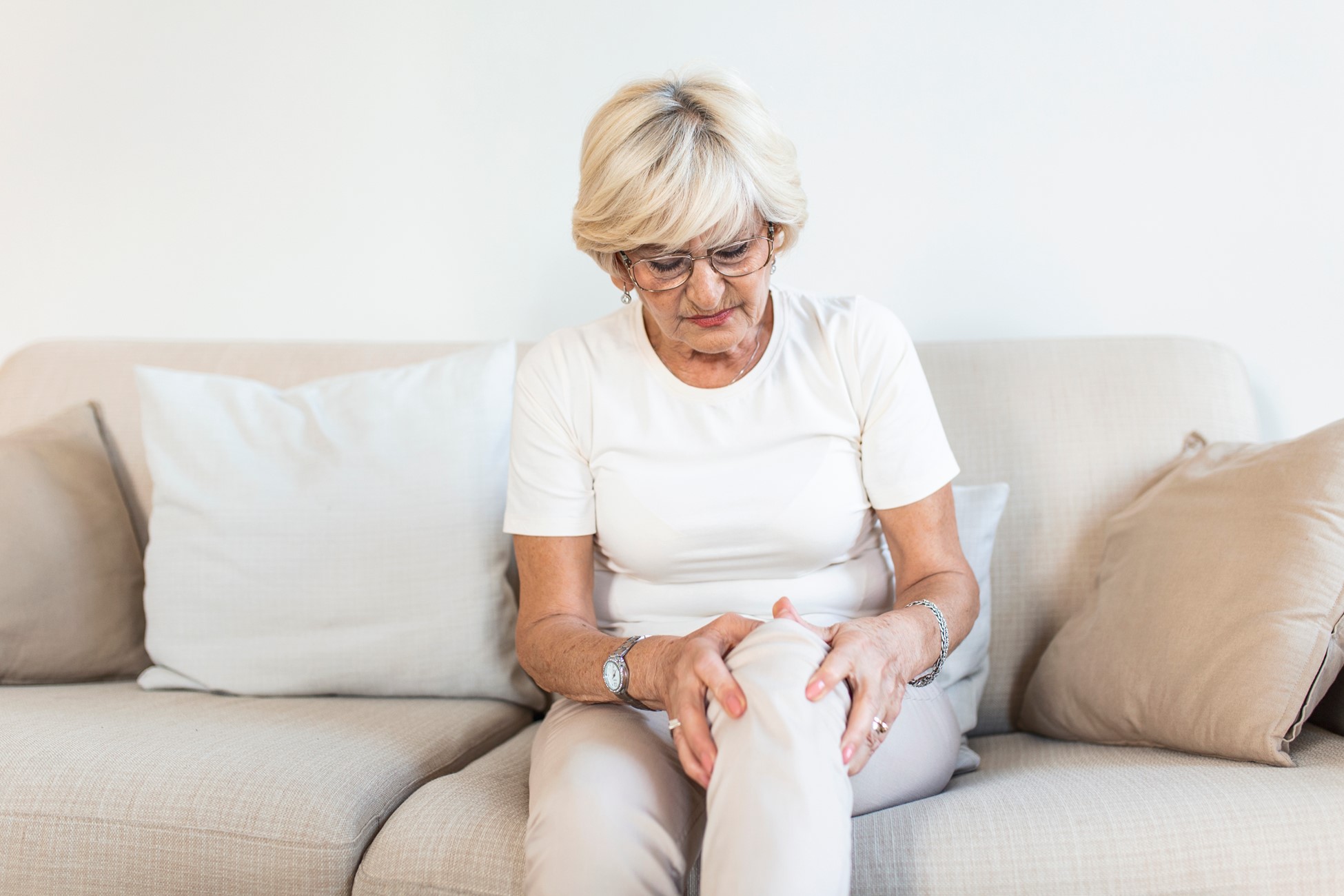Osteoporosis is a condition that makes bones weak and fragile. For women, this is a major concern. They are more likely to develop osteoporosis than men. Understanding why women are at greater risk is essential. This condition can lead to serious health issues like fractures, which impair daily living. It matters because it affects women’s lives significantly. By comprehending the challenges and available solutions, women can take action. This awareness empowers them to manage their bone health better.
Understanding Osteoporosis in Women: Silent Yet Prevalent
Osteoporosis is a disease where bones become brittle due to loss of tissue. This prevalent condition especially affects women, often without any clear signs. By the time someone notices the symptoms, the bones might have already weakened. Osteoporosis symptoms such as fractures or posture changes can go unseen for years. Thus, late detection is a frequent issue.
Statistics show that millions of women globally suffer from osteoporosis. It impacts activities, work, and lifestyle, often necessitating medical attention. By understanding these silent characteristics, women can take preventive steps or seek osteoporosis treatment options early. Timely measures can reduce the risk of severe outcomes like fractures.
Unique Risk Factors for Women
Several unique factors contribute to women’s higher risk of developing osteoporosis:
- Hormonal Changes: Women’s bone density can decrease significantly during menopause due to falling estrogen levels.
- Physiological Differences: Women tend to have smaller bone structures and achieve a lower peak bone mass compared to men. This anatomical difference makes their bones more susceptible to osteoporosis symptoms.
- Lifestyle Factors: Nutrition plays a big role. A lack of calcium and vitamin D in the diet can expedite bone loss. Regular exercise is crucial for bone health, but many women may not engage in weight-bearing and strength exercises. Smoking and excessive alcohol consumption further contribute to weak bones.
These factors make it important for women to focus on bone health from an early age.
Challenges Women Face with Osteoporosis
Women face many hurdles when dealing with osteoporosis:
- Fracture Risk: Women are prone to fractures, particularly in the hips, spine, or wrists.
- Quality of Life: Fractures can lead to chronic pain and limited mobility, affecting daily tasks. This leads to psychological impacts, including anxiety about future fractures.
- Societal Pressures: Women frequently balance family and career roles, which can exacerbate stress. At times, they might feel stigmatized about aging and related health issues, including osteoporosis.
Considering these challenges, it’s crucial for women to actively manage their bone health.
Proactive Prevention Strategies for Women
Taking preventive action is one of the best ways for women to combat osteoporosis:
- Nutrition: Include plenty of calcium-rich foods like dairy products and leafy greens. Vitamin D aids in calcium absorption, so pair it with foods like eggs and fish.
- Exercise: Engage in regular weight-bearing exercises, like walking, jogging, or dancing. Strength training is also beneficial.
- Lifestyle Adjustments: Quit smoking and moderate alcohol consumption. These habits weaken bones over time.
- Regular Check-Ups: Routine bone health screenings are vital. Detecting bone density issues early makes osteoporosis treatment options more effective.
By incorporating these strategies, women can maintain stronger bones and reduce fracture risk.
Comprehensive Treatment Options
For treating osteoporosis, several options are available:
- Medications: Bisphosphonates are commonly prescribed to prevent further bone loss. Hormone therapy can help some women, especially those who experience early menopause. Ongoing research is yielding new, promising drugs.
- Non-Pharmacological Support: Using fall prevention strategies and assistive devices can help manage osteoporosis symptoms, preventing falls and fractures.
These treatments, combined with lifestyle changes, offer effective ways to manage osteoporosis.
Considerations for Different Age Groups
Different age groups require tailored preventive measures:
- Young Women: Focus on building strong bones before the peak bone mass years end. Engage in varied physical activities and maintain a balanced diet.
- Middle-Aged Women: As menopause approaches, it’s crucial to monitor bone health actively and adjust lifestyle habits accordingly. Balancing health priorities and career demands is essential.
- Older Women: Managing existing osteoporosis symptoms and maintaining independence can be their focus. Engaging in safe physical activities and attending regular health check-ups are recommended.
Empowering Support Systems
Building a robust support system is vital:
- Family and friends can offer much-needed help in managing daily tasks and emotional support.
- Healthcare professionals and specific support groups for osteoporosis provide guidance and advice.
These networks can significantly alleviate the struggles associated with osteoporosis.
Future Directions in Osteoporosis Care
Future care for osteoporosis offers promising developments:
- Personalized Medicine: Tailoring treatments to individual needs and genetic makeup is on the horizon.
- Detection Methods: Enhanced early detection can alter the disease’s trajectory, making intervention more timely and effective.
Such advancements could transform how osteoporosis is managed in the future.
Conclusion: Empowering Women in Osteoporosis Management
Understanding the risks and familiarizing oneself with osteoporosis treatment options is crucial. Women need to educate themselves and others, advocating for awareness. Being proactive can help them take control of their bone health. Setting an example, women of all ages can inspire one another to prioritize bone strength for better quality of life. By focusing on preventive strategies, regular check-ups, and engaging in suitable treatments, women can tackle osteoporosis effectively. Empowerment starts with information and action, paving the way toward healthier, stronger bones.
Take charge of your bone health today! Visit Chhabra Hospital for expert care and personalized treatment plans to strengthen your bones and improve your quality of life.

